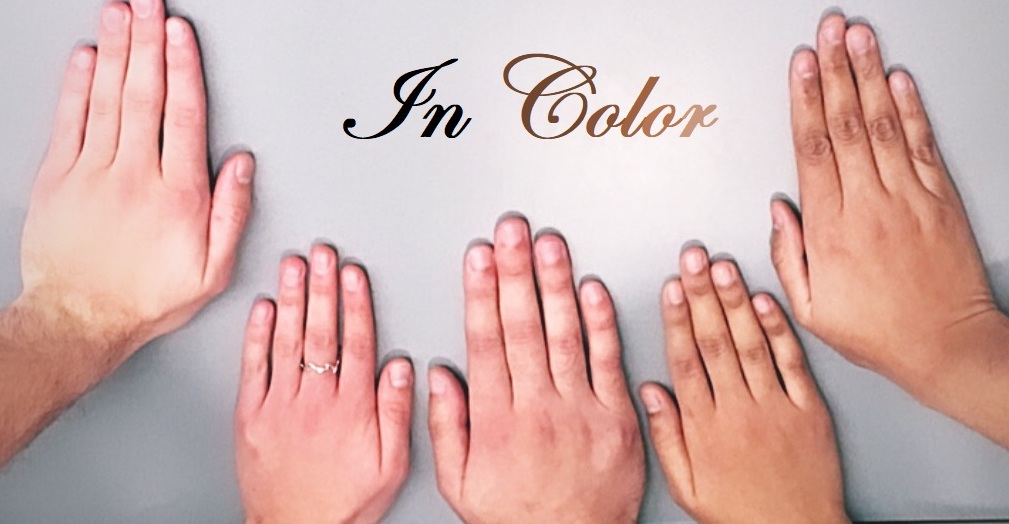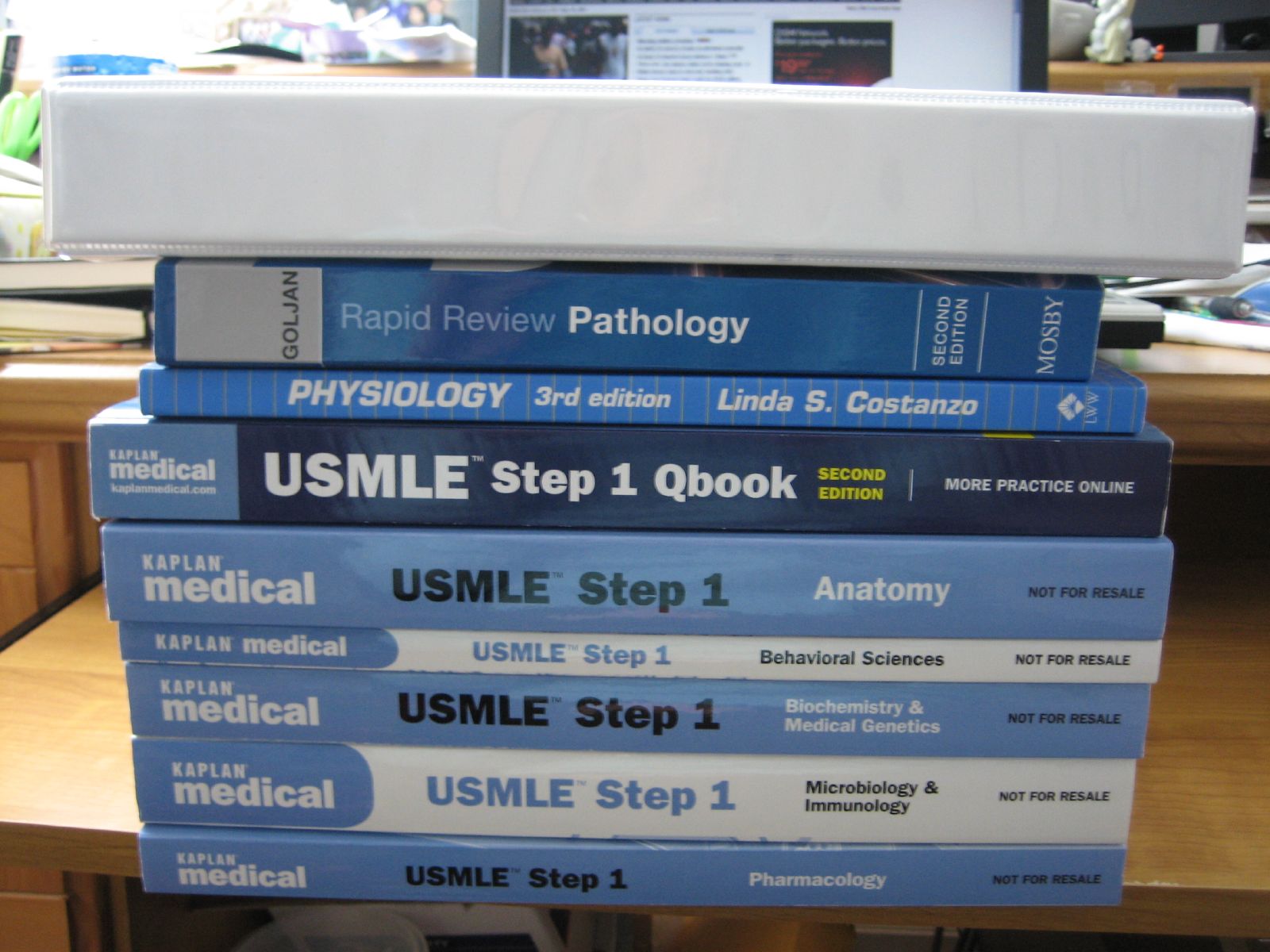Medical Student Organizing in the Time of COVID-19
Working with other medical students at our university, and with others all across the country, we have developed an initiative designed to match students with health care workers in a longitudinal one-to-one relationship to adhere to social distancing guidelines and provide necessary services such as childcare, petsitting, and errands.







